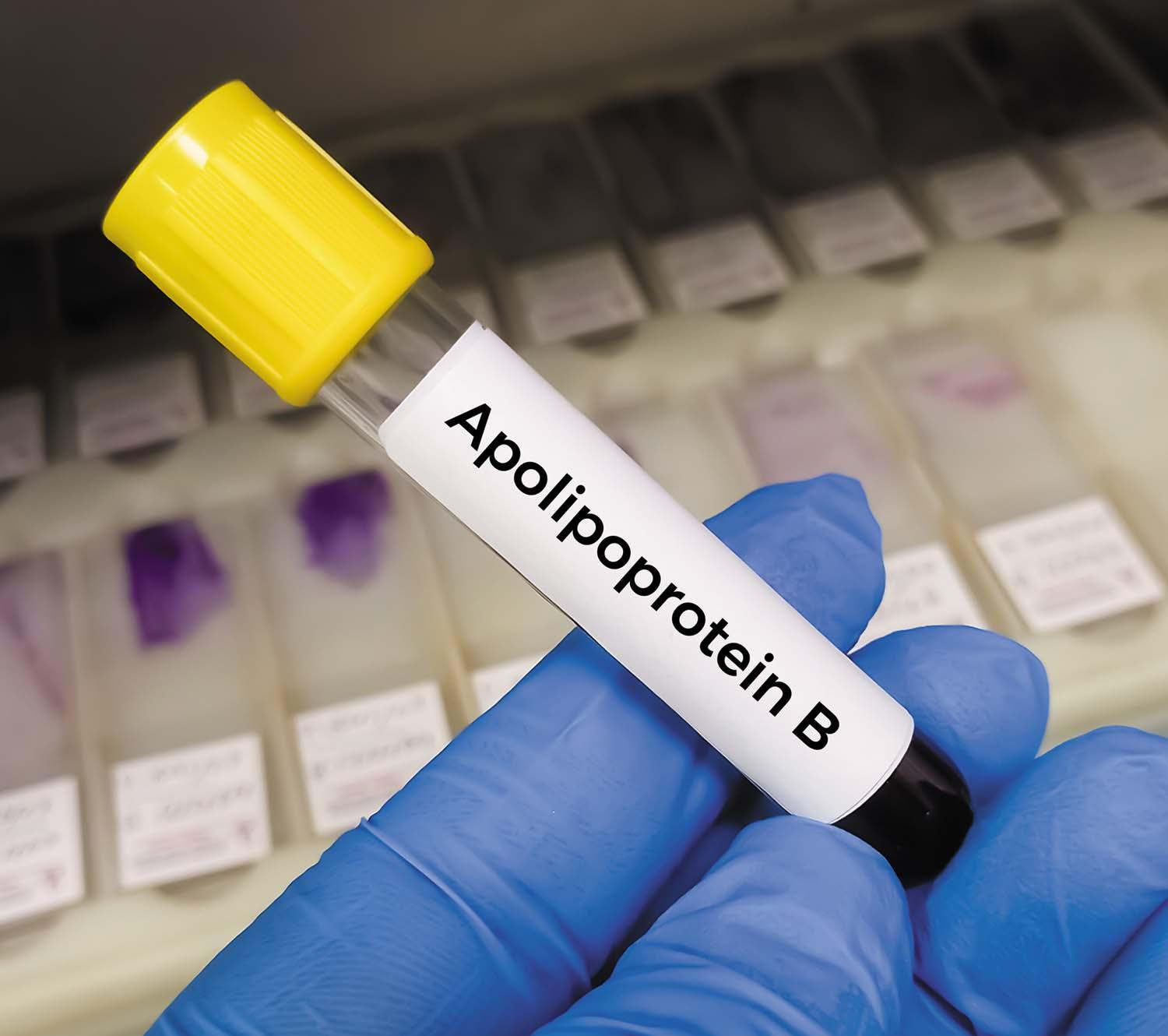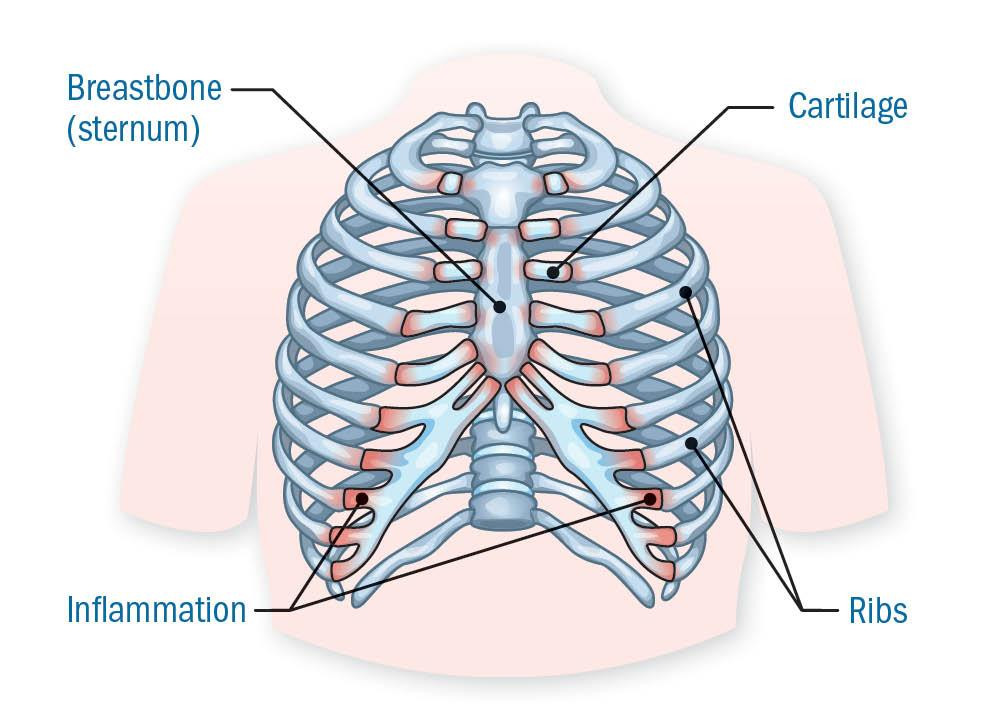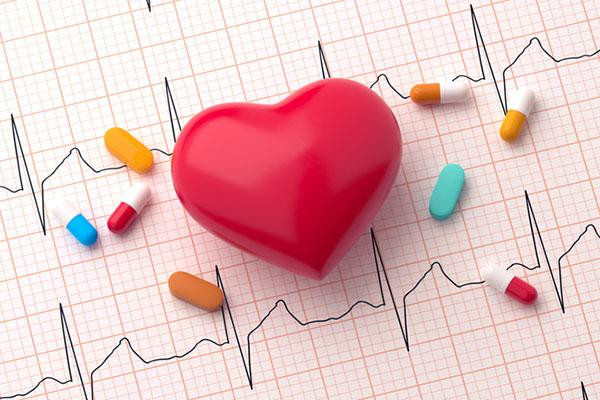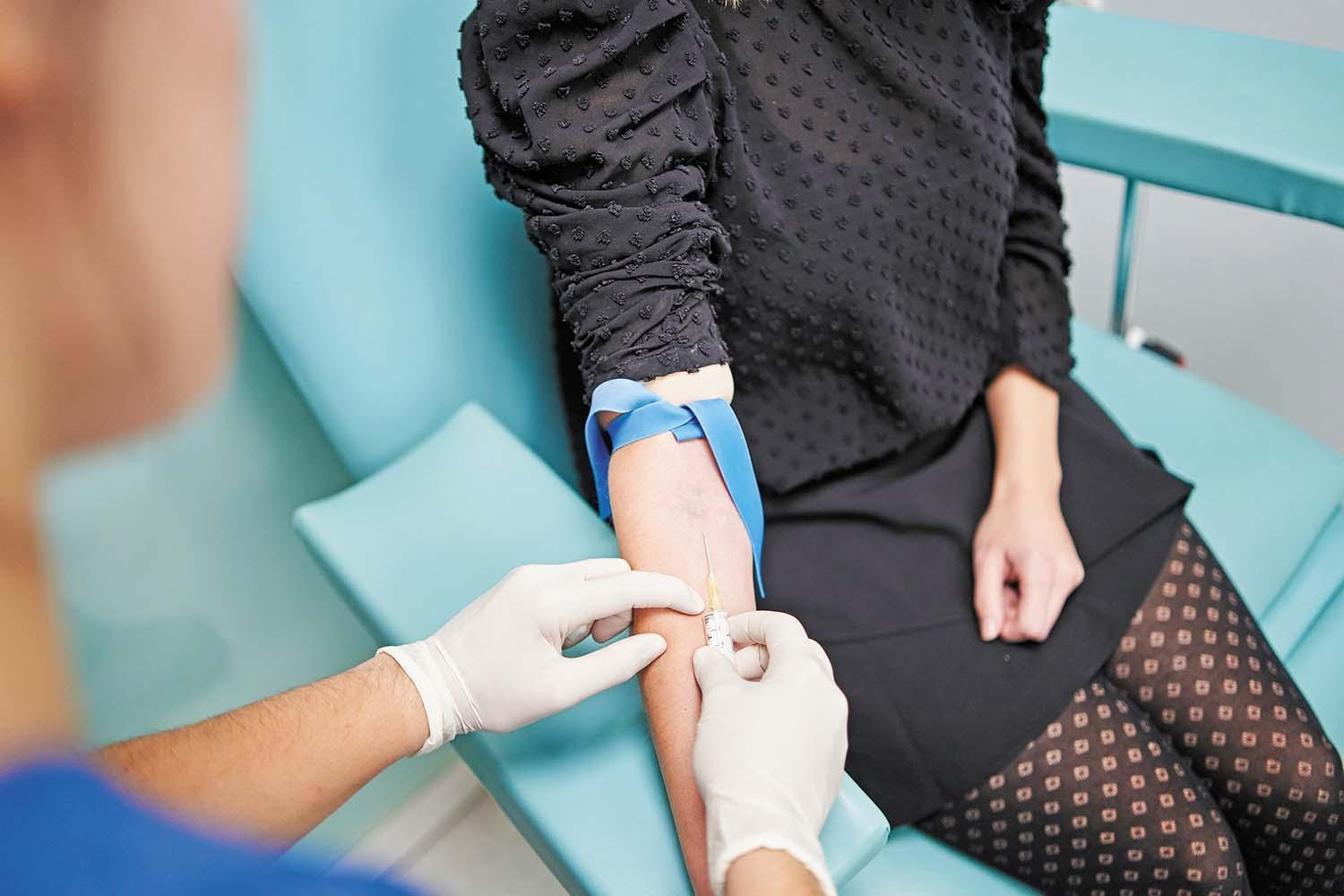
What are somatic workouts?

How to curb your stress eating

How to spot Parkinson’s disease symptoms

8 simple ways to reduce ultra-processed foods in your diet

Heart failure symptoms in women: How they’re different

GERD diet: Foods to avoid to reduce acid reflux

Strong is the new skinny

Everyday habits that sneakily weaken your bones

Don’t wait to get help for back pain

Correcting how you walk may ease osteoarthritis knee pain
Heart Health Archive
Articles
Finding and fixing a stiff, narrowed aortic valve
A narrowed aortic valve (aortic stenosis) affects about one in 20 people over age 65. Medical therapies for treating this progressive disease are under investigation, and a recent study explored the potential benefits of proactive valve replacement.
Reversing prediabetes may slash heart disease risk by half
People with prediabetes who successfully lower their blood sugar back to normal levels may cut their future risk of death due to heart disease by half, according to a 2025 study.
Is an apoB test a better way to check your cholesterol?
ApoB is a protein that attaches to harmful fat particles in the blood to form lipoproteins, including low-density lipoprotein (LDL). An apolipoprotein B (apoB) test counts the number of LDL particles in the bloodstream as well as other particles that can contribute to clogged arteries and heart attacks.
Chest pain that mimics a heart attack
Costochondritis, which is inflammation of the cartilage between the ribs and the breastbone, is one of the most common causes of chest pain and is frequently mistaken for a heart attack.
Easy ways to fit heart-healthy avocados into your meals
Avocados have a mix of fiber, healthy fat, antioxidants, and key minerals that support heart health. But avocados aren’t low-calorie foods. They’re best added to the diet by swapping them for something else, such as subbing mashed avocado for butter on toast.
A fresh approach to cardio exercises
There are many ways people can meet the guidelines for weekly activity besides running and walking. They can do activities like boxing, swimming, cycling, basketball, dancing, and pickleball; circuit training using gym machines; and exercising at home.
When and why you need drugs for atrial fibrillation
Many people with atrial fibrillation — a rapid, irregular heart rhythm — need medications to control symptoms and lower their risk of stroke. These include drugs that slow down the heart, help restore its rhythm, and prevent blood clots.
Avoiding triggers for a common cause of fainting
Vasovagal syncope, a common cause of fainting, occurs when the vagus nerve becomes overstimulated in response to triggers such as stress or dehydration. Certain strategies, such as lying down and elevating the legs, help people avoid passing out.
New thinking about plaque in arteries that feed the brain
Carotid artery stenosis, which happens when fatty plaque accumulates in neck arteries that supply the brain, leaves people vulnerable to a stroke. Intensive drug therapy may forestall the need for invasive procedures to treat this problem.
New evidence that polyphenol-rich foods help the heart
A 2025 study suggests that polyphenols, found in a wide range of plant foods, may have long-term benefits for the heart. Over an average of 11 years, people whose diets contained the most polyphenol-rich foods ranked lowest on scores of heart disease risk.

What are somatic workouts?

How to curb your stress eating

How to spot Parkinson’s disease symptoms

8 simple ways to reduce ultra-processed foods in your diet

Heart failure symptoms in women: How they’re different

GERD diet: Foods to avoid to reduce acid reflux

Strong is the new skinny

Everyday habits that sneakily weaken your bones

Don’t wait to get help for back pain

Correcting how you walk may ease osteoarthritis knee pain
Free Healthbeat Signup
Get the latest in health news delivered to your inbox!
Sign Up











